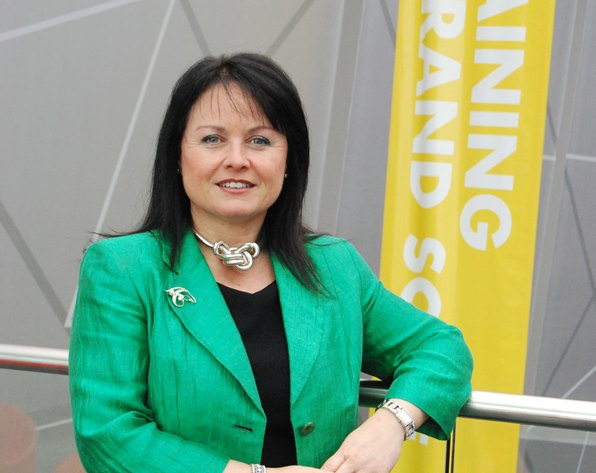 If you’re running internal or external awards, conducting employee recognition programs, peer reviews or even awards evenings for clients, the chances are that this won’t be a one-off event, and is most likely repeated on an annual basis. View this repetition as an opportunity! It’s your chance to use your experiences to understand your previous events and programs better, and use what you learn to improve your future efforts.
If you’re running internal or external awards, conducting employee recognition programs, peer reviews or even awards evenings for clients, the chances are that this won’t be a one-off event, and is most likely repeated on an annual basis. View this repetition as an opportunity! It’s your chance to use your experiences to understand your previous events and programs better, and use what you learn to improve your future efforts.
If this seems like a daunting task, then help is at hand. Technology can be your best friend in creating cutting-edge award programs, fuelling your desire for continuous improvement and allowing you to streamline your processes in the future. We’ve outlined a few ideas below as to how you could benefit.
The idea: Look at the readily available data
The tech: Integrated systems
Registrations, entry forms submissions, the judging process, payments – each of these elements create a wealth of data, and so to be truly effective it’s important you take the time to really drill down into the information. This is potentially a lot of data to get your head around, so if it’s in silos and split across a number of different platforms you’re pretty quickly going to get cross eyed. The whole process will be made a lot simpler if you use a system that integrates each element, creating one centralised point from which you can run all the reports you need.
The idea: Source extra data
The tech: Online questionnaires
When event professionals say they are trying to improve their awards ceremony, what this often boils down to is trying to improve the experience for those taking part, whatever their role. And what better way to do this than to actually ask them what they liked, and more importantly what they thought could be improved.
An effective and cost-effective way of doing this is via an online survey. This will allow you to really understand what worked at your awards ceremony and what didn’t. For example, you’ll be able to find out if those attending found the registration process pain free, if judges found the judging process simple and easy-to-understand, and if people are likely to come back next year. If you don’t get the positive responses you expected, this is a great opportunity to improve. Forewarned is forearmed.
The idea: Listen!
The tech: Social media
Effective awards ceremonies now make excellent use of social media, both before and during the big day. Where many awards organisers go wrong is that once the event is over, the social media focus, monitoring of hashtags and relevant communications also comes to an abrupt halt. This is not the right way forward. Keep checking your social media accounts as they could be valuable sources of feedback. Even if people haven’t tweeted to you directly, keep an eye on those that are using your event hashtag as you may pick up some interesting insights that could help you shape next year’s event. (You don’t have an event hashtag? Well you should! Check out our post on social media and award ceremonies to learn more.)
The ultimate idea: Learn and grow
The tech: All of the above!
 All of this seemingly tedious data analysis is done for a very good reason: you want to put on a ceremony that is even better next time round. This isn’t just about making sure delegates have a good time, it’s also commercially important. The feedback from stakeholders will be invaluable, so make sure you take on board what they tell you and make them aware that they have a number of ways to give you their feedback, and that their feedback is valued and will be acted upon.
All of this seemingly tedious data analysis is done for a very good reason: you want to put on a ceremony that is even better next time round. This isn’t just about making sure delegates have a good time, it’s also commercially important. The feedback from stakeholders will be invaluable, so make sure you take on board what they tell you and make them aware that they have a number of ways to give you their feedback, and that their feedback is valued and will be acted upon.
To find out more about how Eventsforce Awards can help you meet and beat challenges like these please click here, or contact one of the team for a free demo.






 The importance of social media during live events is well established. According to
The importance of social media during live events is well established. According to 